2021 Top Open Access Books
Open Access books were very important in 2021. These 10 titles were the most used in 2021.
Top 10 Books by usage
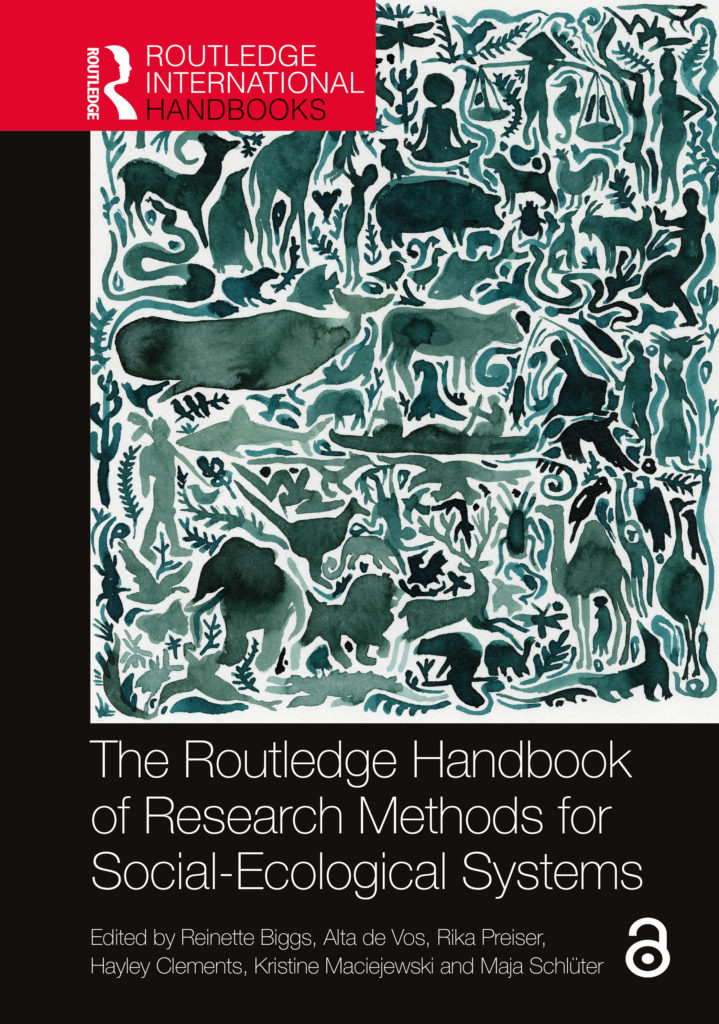
The Routledge Handbook of Research Methods for Social-Ecological Systems
Each chapter discusses the types of SES questions to which the particular methods are suited and the potential resources and skills required for their implementation, and provides practical examples of the application of the methods. .
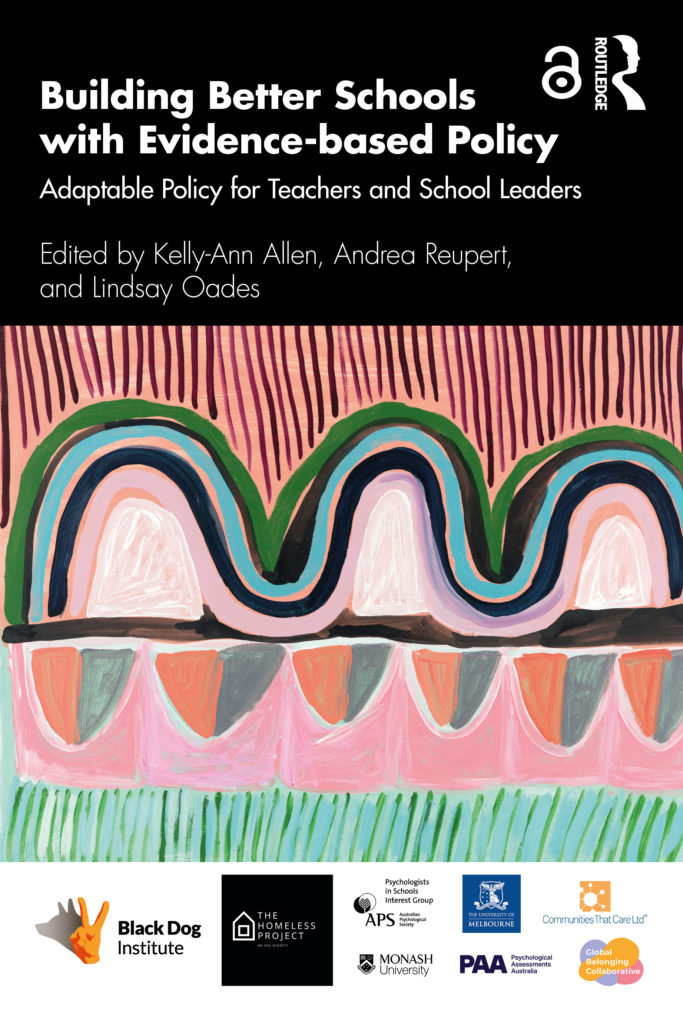
Building Better Schools with Evidence-based Policy
The policies included in this book cover a broad range of popular topics for schools that are not readily accessible, and each policy is built on theory, driven by research, and created by experts.
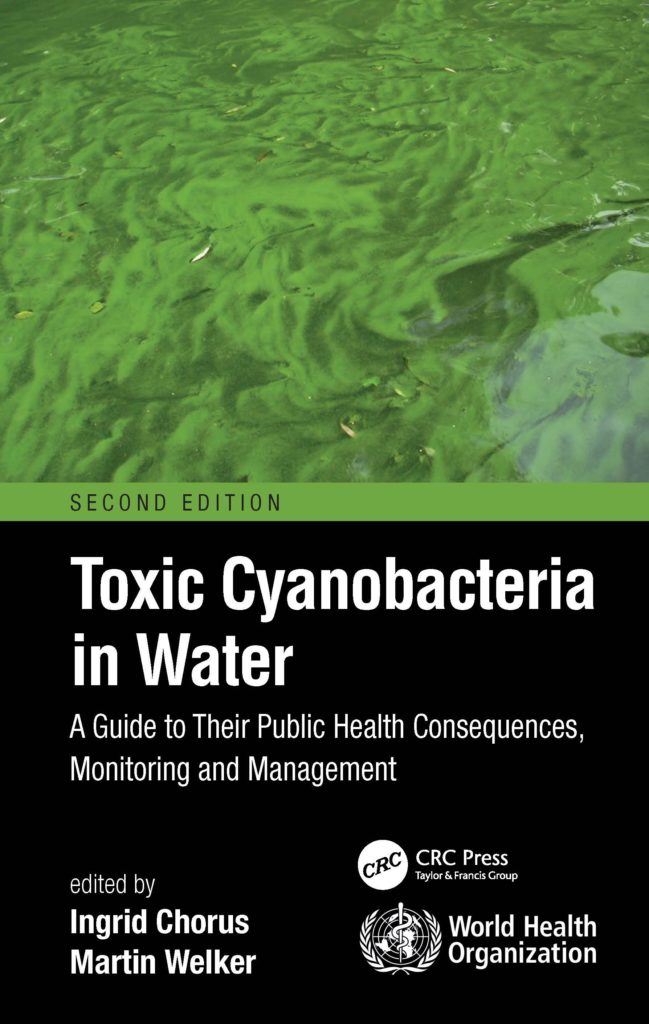
This second edition of Toxic Cyanobacteria in Water presents the current state of knowledge on the occurrence of cyanobacteria and cyanotoxins as well as their impacts on health through water-related exposure pathways, chiefly drinking-water and recreational activity.
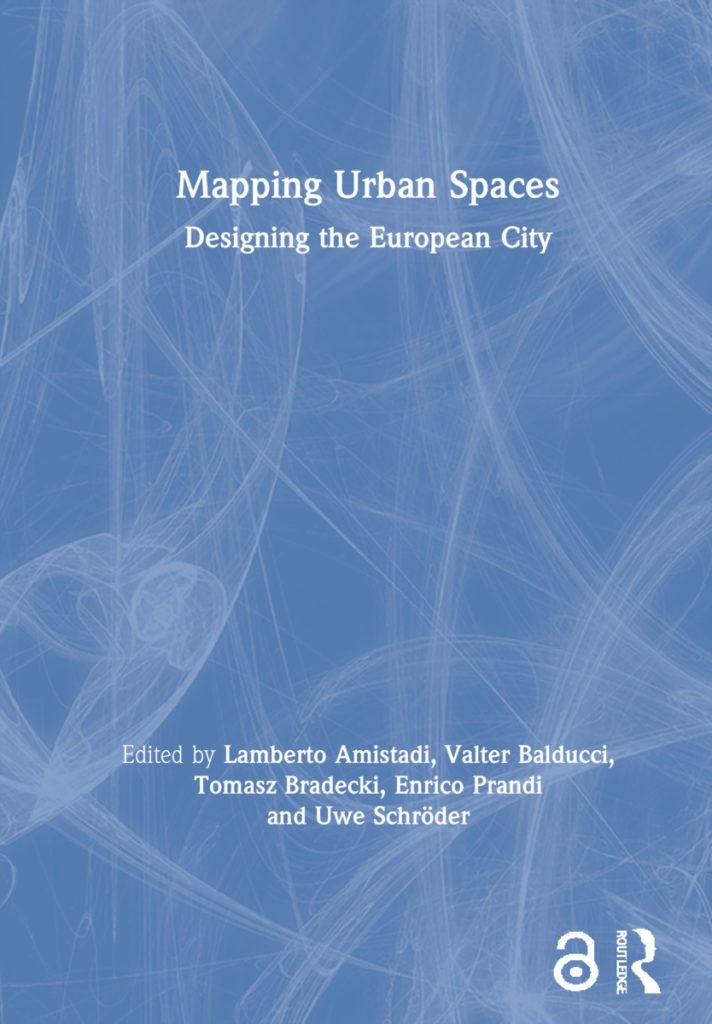
Focuses on medium-sized European cities and more specifically on their open spaces from psychological, sociological, and aesthetic points of view. The chapters illustrate how the characteristics that make life in medium-sized European cities pleasant and sustainable – accessibility, ease of travel, urban sustainability, social inclusiveness – can be traced back to the nature of that space.
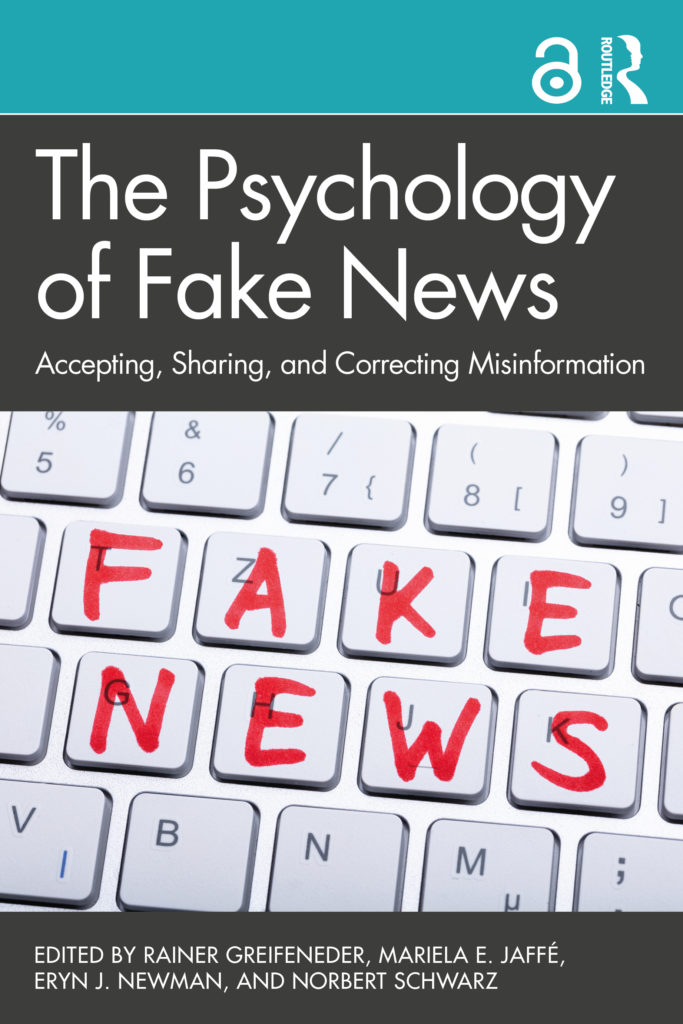
Dealing with misinformation is important in many areas of daily life, including politics, the marketplace, health communication, journalism, education, and science. In a general climate where facts and misinformation blur, and are intentionally blurred, this book asks what determines whether people accept and share misinformation, and what can be done to counter misinformation?
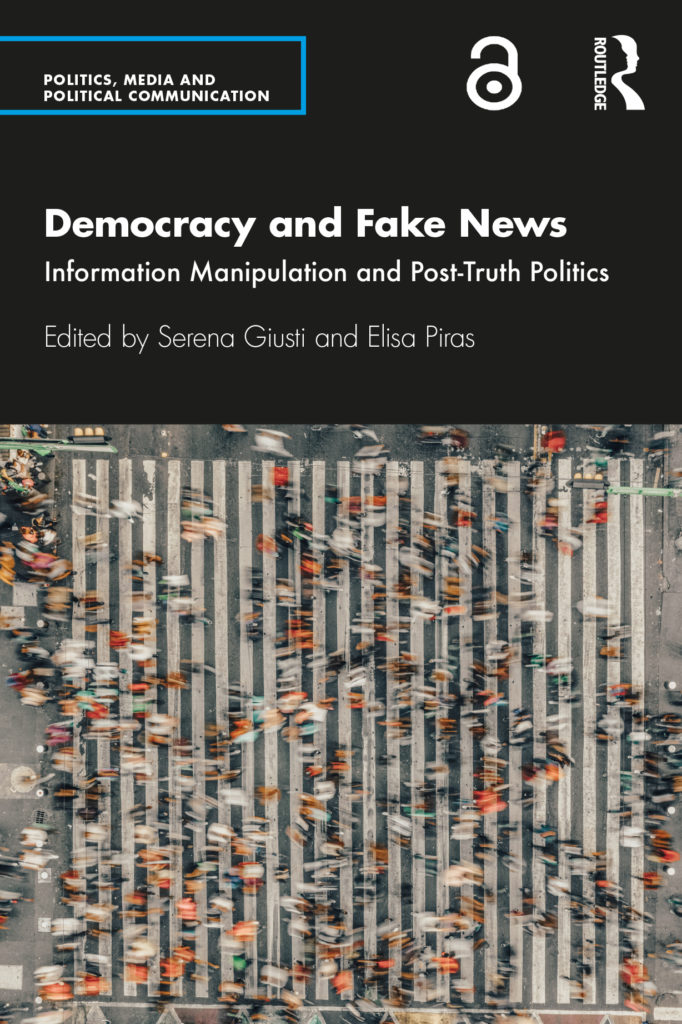
This book explores the challenges that disinformation, fake news, and post-truth politics pose to democracy from a multidisciplinary perspective. The authors analyze and interpret how the use of technology and social media as well as the emergence of new political narratives has been progressively changing the information landscape, undermining some of the pillars of democracy.
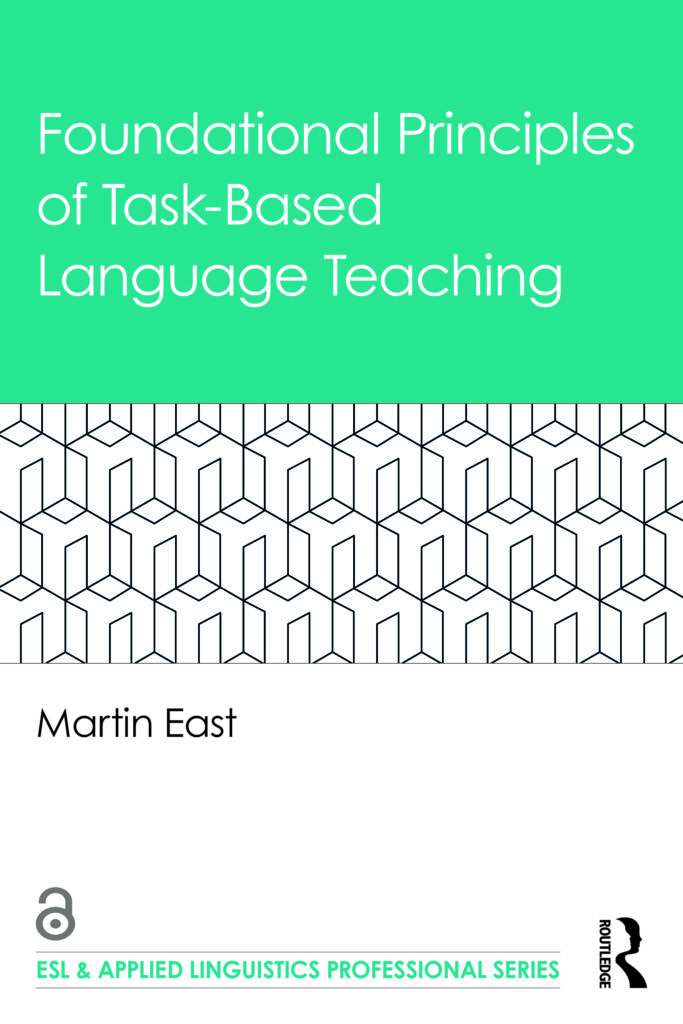
Foundational Principles of Task-Based Language Teaching
This book introduces readers to the concept of task-based language teaching (TBLT), a learner-centred and experiential approach to language teaching and learning.

Researchers often have difficulties collecting enough data to test their hypotheses, either because target groups are small or hard to access, or because data collection entails prohibitive costs. Such obstacles may result in data sets that are too small for the complexity of the statistical model needed to answer the research question.
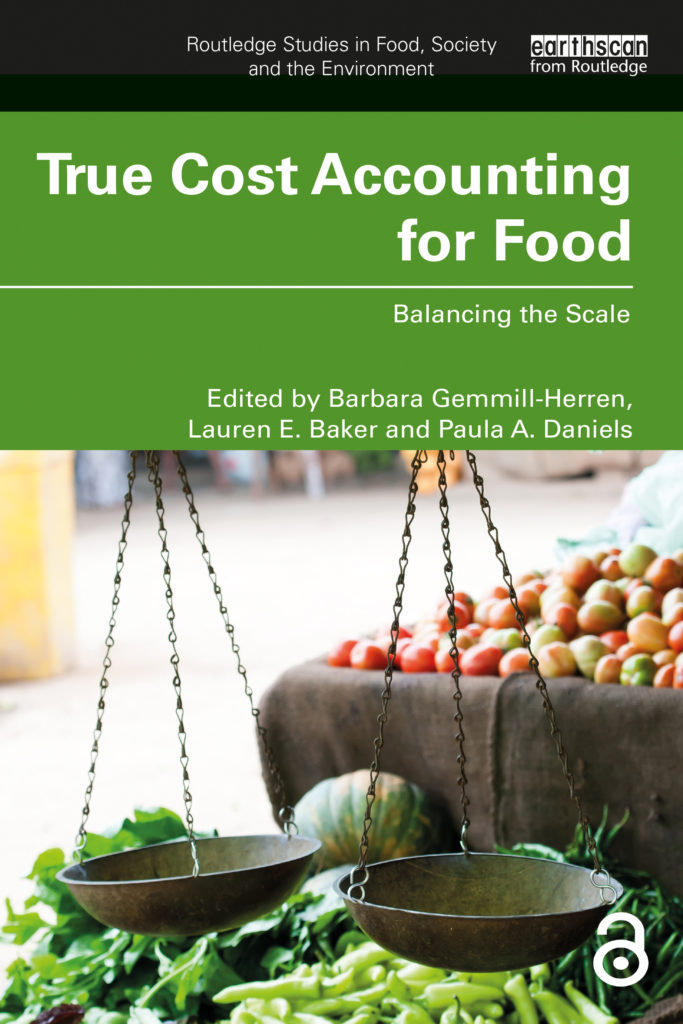
This book explains how True Cost Accounting is an effective tool we can use to address the pervasive imbalance in our food system. Calls are coming from all quarters that the food system is broken and needs a radical transformation. A system that feeds many yet continues to create both extreme hunger and diet-related diseases, and one which has significant environmental impacts, is not serving the world adequately.
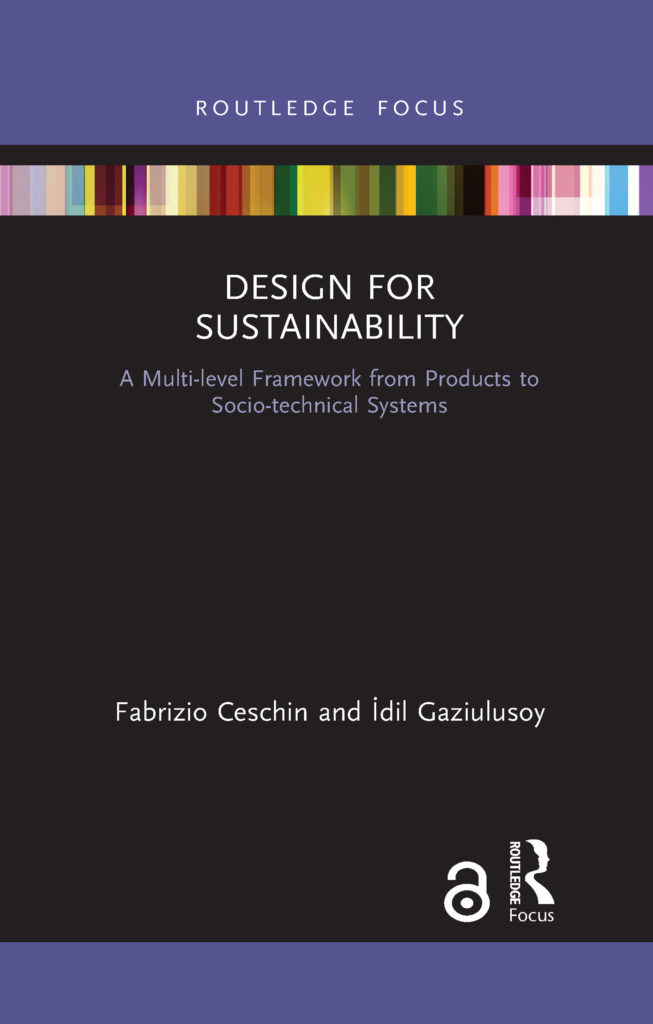
This book discusses the most significant ways in which design has been applied to sustainability challenges using an evolutionary perspective. It puts forward an innovation framework that is capable of coherently integrating multiple design for sustainability (DfS) approaches developed so far.
Why choose open access?
Read what our authors have to say.
“My co-editor Serena Giusti and I, we had the opportunity to make our book available for free and we thought that this could be a helpful resource for students and young researchers who might be interested in the topic! Also, we hoped to reach journalists and professionals who are not familiar with academic books.”
Kelly-Ann created a thread on twitter, below is a snippet of what she said:
“Building Better Schools, a free-to-use resource for schools & educational researchers made it in the #Top10 #openaccess books of 2021. Publishing open access was a strategic & essential decision for us. We chose to publish #openaccess because we wanted #BuildingBetterSchools to be used and shared.
We wanted as many schools as possible to benefit from the resource & the expertise of the 72 contributors.”